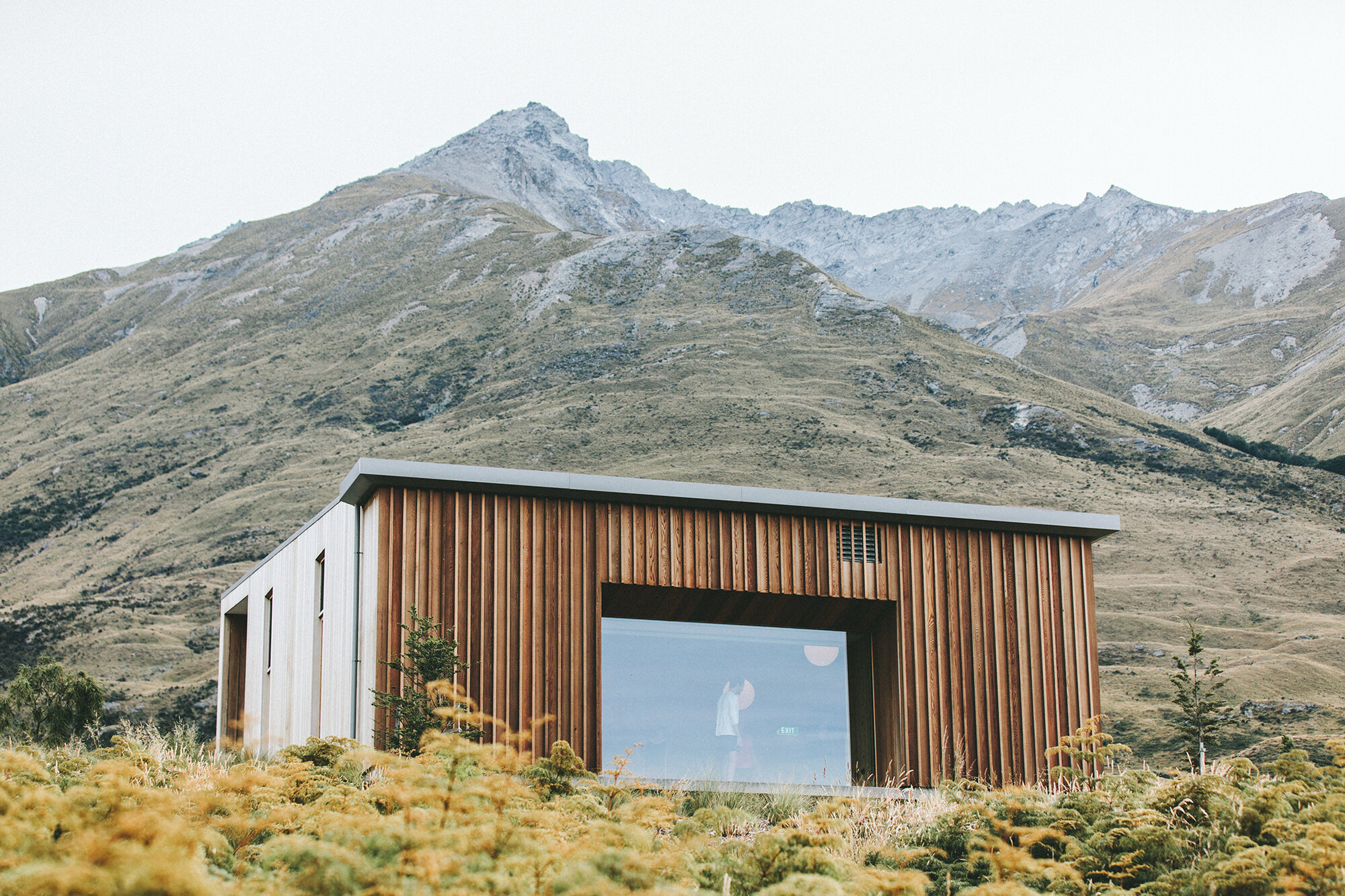Tackling Food Addiction
The overconsumption of Ultra Processed Foods (UPFs) in the Netherlands is an issue which poses significant health and environmental risks. These foods account for approximately 61% of daily calorie intake in the country, contributing to rising obesity rates, cardiovascular diseases, and mental health concerns. Besides the impacts on health, the overconsumption of UPFs also has negative environmental consequences, including plastic waste and biodiversity loss. Our project aims at reducing the overconsumption of UPFs by raising awareness of their pervasiveness in our day to day lives. Moreover, we would like to motivate critical consumption to promote a healthier and safer food system in the Netherlands in years to come.
Collaborator: TNO
Students: Annelise van den Akker, Duaa Ashtar, Kiara Fong Tin Joen, Carmen Olsthoorn
Supervisors: Alex Leighton, Jarik Guijt, Linda Verhoef
Cohort: 2025
Challenge
Reducing UPF overconsumption in the Netherlands poses a significant challenge, as these foods are embedded in daily habits and supported by powerful industrial forces. Beyond their convenience and affordability, UPFs benefit from aggressive marketing and widespread availability, making healthier alternatives harder to adopt. Addressing this issue requires coordinated policy changes, grassroots education, and direct stakeholder collaboration to shift consumer behavior and reshape the food environment.
Approach
We believe that tackling the overconsumption of UPFs in the Netherlands requires both strategic policy changes and more immediate actions aimed at education and behavior change. Below is an overview of the three approaches that guide our work:
Policy Approach
We are studying international UPF reduction strategies such as labeling and taxation while comparing them with tobacco regulations. We are engaging key stakeholders like the Ministry of Health, Welfare, and Sport (VWS), the Netherlands Food and Consumer Product Safety Authority (NVWA), and the Ministry of Agriculture, Nature and Food Quality (LNV). Our findings are being compiled into a policy recommendation report, which we share with these institutions; any responses received after our project ends will be forwarded to our partners for further action.
Networking Approach
We plan a networking event that brings together NGOs, government agencies, industry players (such as Nestlé and Unilever), and academic experts, seeking funding from sources like the University of Amsterdam and following best practices in event organization. Success will be measured through attendance and post-event questionnaires, with the results compiled into a networking report for future collaboration.
Education & Behavioral Change Approach
We are designing a workshop for young student consumers, covering UPF information, nutrition essentials, and practical strategies for behavior change. We aim to measure the workshop's effectiveness through surveys before, after, and one-month post-workshop. We hope to reach many students and promote their critical conmumtion skills and food literacy to reduce UPF overconsumption.
By integrating these three approaches: policy, networking, and education. We hope to create meaningful, lasting change in how UPFs are consumed in the Netherlands.
Outcomes
Identifying effective policies in reducing UPF overconsumption.
Constructing a formal government engagement letter outlining research findings and proposed regulatory changes.
Designing and executing a Consumer Behavior Workshop: Interactive experiential learning sessions on promoting understanding the mechanisms of UPF overconsumption, marketing and nutrition.
Organizing a networking event bringing together NGOs, policymakers, researchers, advocacy groups, and other stakeholders to facilitate discussions on joint initiatives.



